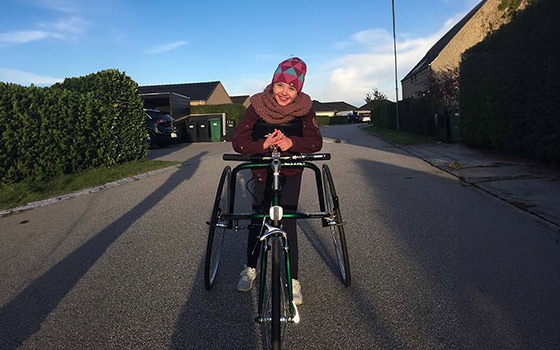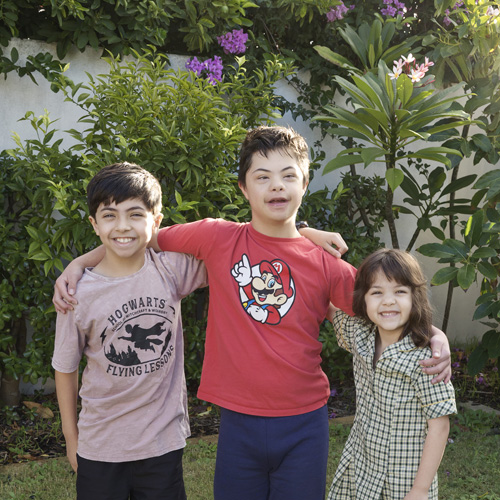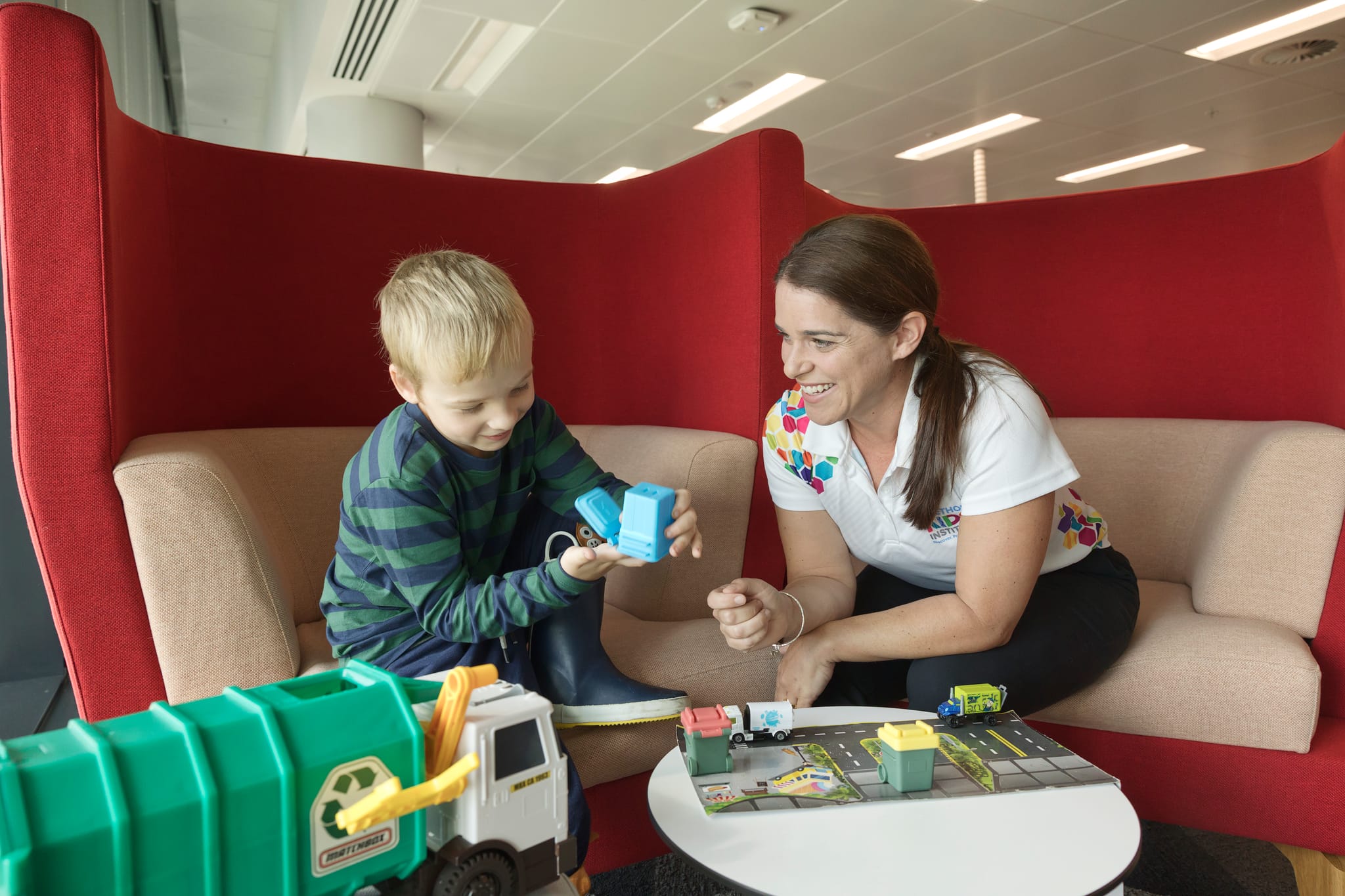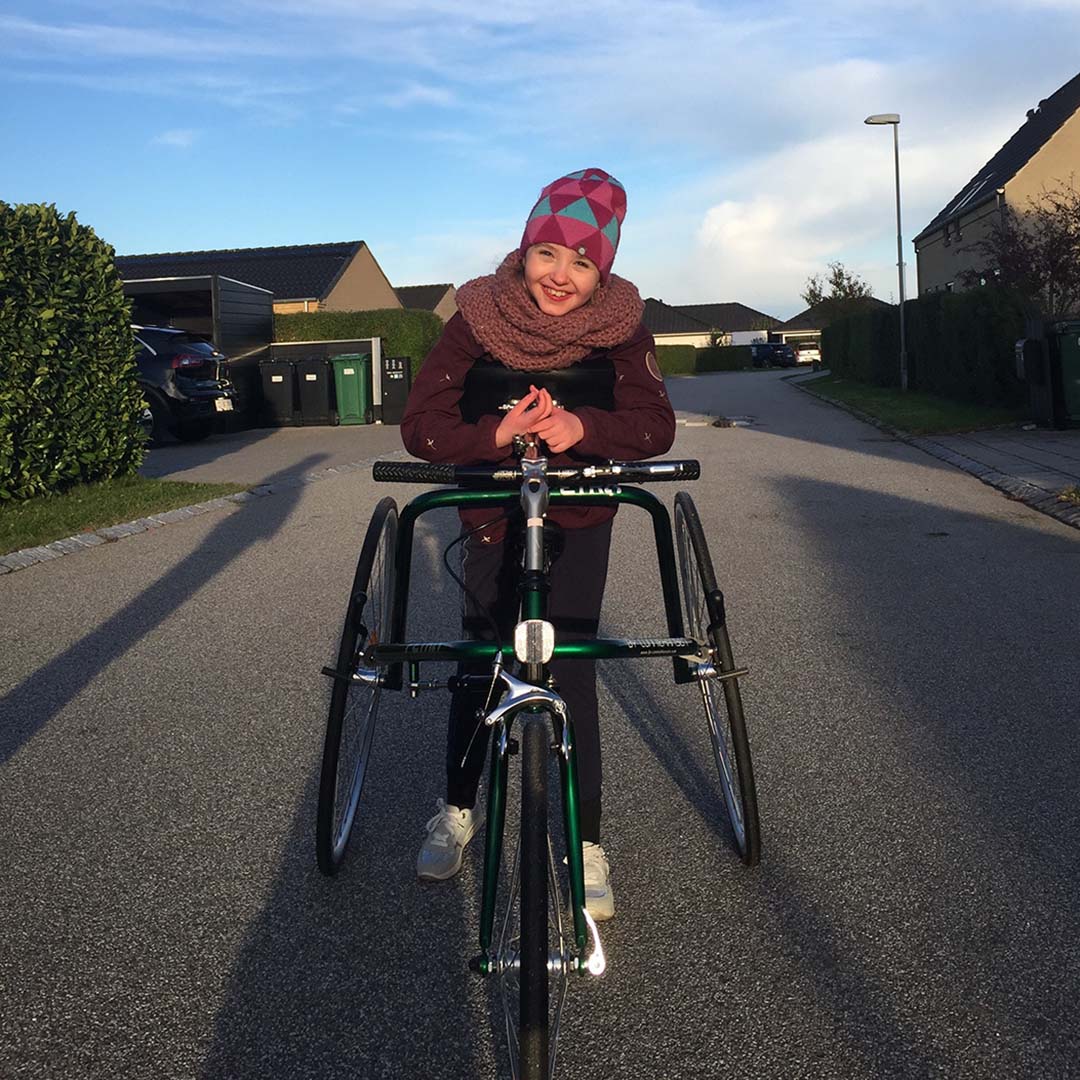Measurement tools
We developed the following measures that can be used for monitoring and evaluating treatments in children with intellectual disability and rare diseases.
- The Quality of Life Inventory-Disability (QI-Disability) to measure quality of life (QOL) which is being used in international clinical trials, registry and clinical research, and clinical practice.
- The Rett Syndrome Gross Motor Scale to measure gross motor function and the Rett Syndrome Hand Function Scale to measure hand function for children and adults with Rett syndrome. These measures are being used in clinical trials and clinical practice.
- For children with very severe disability, many measures of functional abilities have a “floor effect” because they do not capture small increments in abilities. Poor measurement has serious implications for the validity of clinical trials and clinical monitoring. We are collaborating with researchers and clinicians in the USA to develop a suite of outcome measures for the CDKL5 Deficiency Disorder, getting ready for upcoming clinical trials.
Resources for families, carers and clinicians
Based on our research, we developed the following resources.
- We worked with international panels of families, clinicians and researchers with expertise in Rett syndrome, to develop guidelines to support the management of scoliosis, growth and gastrointestinal disorders. After the guidelines were published, we created resource booklets for families.
- We summarised our research on Down syndrome to 2012 in a booklet for families called "Understanding Down Syndrome: Capturing family experiences through research".
- Building on our qualitative research about family experiences with their child’s gastrostomy, we co-designed with parents a free online educational resource. There is information about making the decision to proceed with gastrostomy for the child, the hospital stay, and living well after the gastrostomy procedure. The resource is called Nourish and is designed for parents and other carers of children with a gastrostomy.
- Staying physically active is an important part of a healthy lifestyle. Building on our physical activity research for Rett syndrome since 2012, we developed an online resource called ActiveRett which is a dedicated resource for helping families support their child with Rett syndrome to keep active. ActiveRett was developed by researchers from Australia, Denmark, and Israel, together with parents who have a child with Rett syndrome.
*If you are concerned about your child’s development, you should seek advice from a professional. Getting assessed will provide access to early intervention, education and support.







